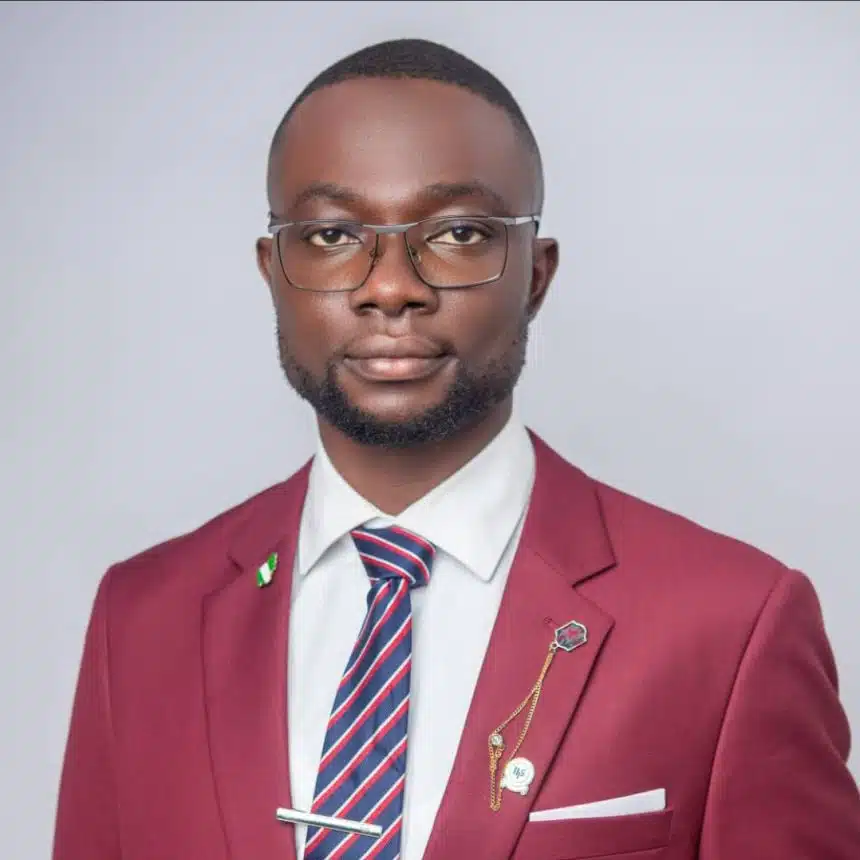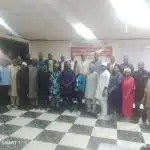Retired army captain and public affairs analyst, Luqman Gidado, has called for integrity, impartiality, and accountability in addressing some of Nigeria’s most pressing governance challenges, including the succession at the Independent National Electoral Commission (INEC), the Rivers State political crisis, and the boundaries of free speech under President Bola Tinubu.
Speaking on Adamimogo 105.1FM’s Inside Scoop current affairs programme, Gidado stressed that Nigeria’s democracy risks faltering if institutions are not strengthened and leaders are not held accountable.
On the forthcoming change of leadership at INEC, Gidado said the next chairman must be independent, resilient, and non-partisan. He noted that “integrity” is often defined differently by various groups but maintained that transparency and strength of character were essential qualities. He credited outgoing chairman, Professor Mahmood Yakubu, whose tenure ends in November, for introducing technology such as digital voter registration and electronic systems, saying they laid a foundation for future improvements despite flaws.
Turning to Rivers State, Gidado addressed calls for Vice Admiral Ibok-Ete Ibas (retd.), who served as sole administrator during six months of emergency rule, to account for his stewardship. He said the situation was constitutionally complex since Ibas was not elected but appointed by the president. “If you are holding a public office, you must be accountable,” Gidado stated. “But since Ibas had no mandate from the people, it is the president, the authority who appointed him, that must instruct him to render that account.”
He added that Rivers experienced relative stability during Ibas’s administration, which eased the reinstatement of Governor Siminalayi Fubara. He urged stakeholders in the state to put aside personal grievances and focus on governance.
Gidado also weighed in on the issue of free expression, following recent remarks by FCT Minister Nyesom Wike praising President Tinubu for tolerating harsh criticism, including activist Omoyele Sowore’s description of the president as a “criminal.” He said criticism was healthy in a democracy but should be expressed responsibly.
“We should focus on facts, not emotions,” he cautioned. “While it is allowed to criticize our leaders, we should do it with utmost patriotism to move the country forward.”
He further noted that while Nigeria’s 1999 Constitution protects free speech, laws such as the Cybercrime Prohibition and Prevention Act prohibit false or offensive communications aimed at inciting hatred. With Sowore’s case already before the courts, he predicted the matter would likely result in “litigations here and there” rather than escalate into a confrontation.
Gidado emphasised that Nigeria’s democratic survival depends less on personalities and more on institutions that ensure transparency, respect for the rule of law, and accountability from those in power.






